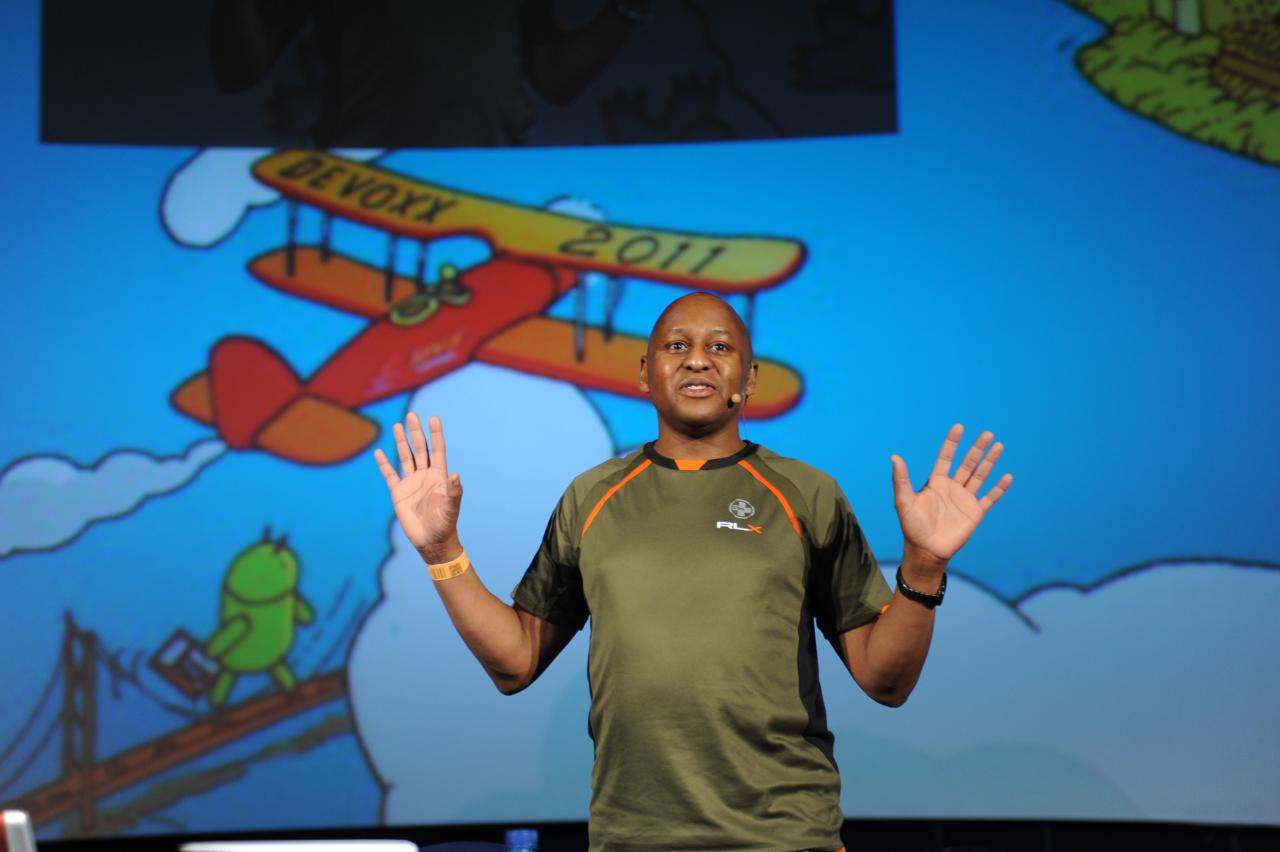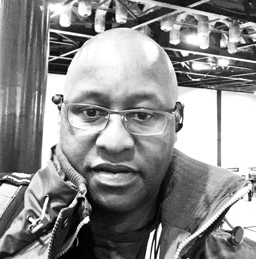Finished at Fifty: Is This The Future Abyss That We Are All Looking At?
25 April 2011 Comments off
Reading time:
4 minutes
Word count:
713
@peter_pilgrim: Ow! I watched panorama via the iplayer finished at fifty https://tinyurl.com/3dm2yzn and the future prospects were bleak
@imccaffery: @peter_pilgrim i know the future is bleak i was on the programme
British Television viewers are probably very familiar with Panorama, the investigative journal program on the terrestrial BBC ONE TV. I watched this program using the iPlayer [sadly only available to the UK – This is the UK link to watch the episode on BBC iPlayer site]. The episode was called Finished at Fifty, and followed four individuals who were aged 50 or over as they attempted to find employment. The 30 minute programme included Lord Digby Jones, a former business leader, who volunteered his advice for free to the four individuals. Some of the advice was about changing career, other advice was to refresh the approach to job hunting, the other bits were uncompromising.
I found this report, Finished at Fifty, to be one of the most alarming looks into UK job market. I found it difficult to understand why people are labelled by business and society finished in their middle ages. I am not old enough yet to be in this upsetting age bracket, but I know plenty of people who are, and also the future prospects for all are being squeezed.
On the one hand, we have young graduates from university, who are struggling to find that very first job and with the other hand, industry is behaving in ageism way. Hence the twitter call in the first section of the article. I tweeted my feelings and empathy about prejudices against older people, and it was Ian McCaffery, one of the individuals from the Panorama report, a former bar manager, who lived in Salford, near Manchester, who got back with a response.
I know the future is bleak, I was on the programme – Ian McCaffery,
You may wonder what this article has to do with information technology. It all has to do with future technology (#futuretech) and I think it is just plan wrong.
- Our industry is based on information processing and knowledge workers, if we start to prejudice against older and younger workers, then ultimately we are going hurt our future innovations. We are focusing on a select band of population and that is not morally right or fair.
- Our information technology is relatively young in comparison to the field of modern civil engineering and even younger than to architecture and medicine, which have been going for thousands of years. We still do not know exactly how and what we can do yet. Why should we cut our nose off to spite our face? Surely good wisdom and experience has to be great for IT.
- If older people are going to be treated this way, then it probably means we need to look back to the bad practices of the early industrial revolution of 200 – 250 years ago. Workers had poor rights, conditions and guarantees of employment. Are we in a democracy not repeating this troublesome path with information workers?
- As science progresses and we are living longer, I think we need to find a way to value experience and older engineers, developers and designers as a asset and not a liability. Our society has to support sustainable employment for all of its people and not just the few.
- The idea of an exclusive set of only the privileged is a partial reason why so much of the contemporary world is upset with the banking industry in general and the idea of banker’s bonuses for the only very top performers. (Not all employees who work for investment bank get huge bonuses.) Knowledge should not be exclusive to the few, that is why our industry invented open source software and consistently values it
- On the other hand just getting older is not guarantee for future employment, it should be about continuous professional competence, belief in continual learning and assured delivery of products to stakeholders. I believe those people who want the former should be rewarded. There is nothing in that latter sentence that suggests that younger or older people cannot deliver value.
I believe you can be software developer until you are late in life. Our industry is about learning, let it remain that way please.


